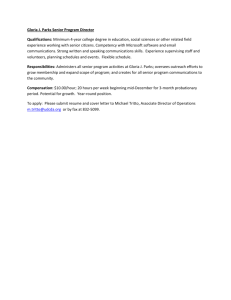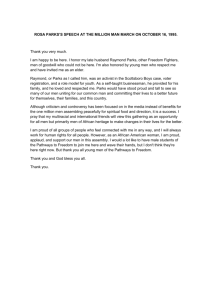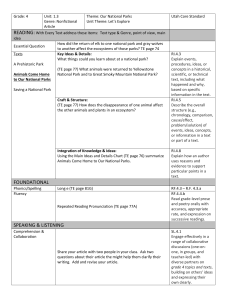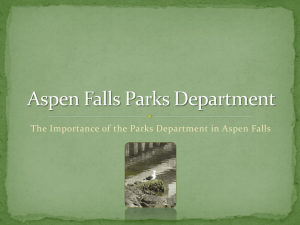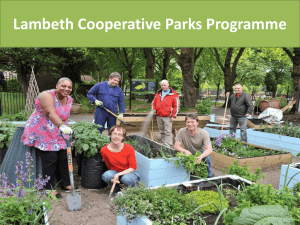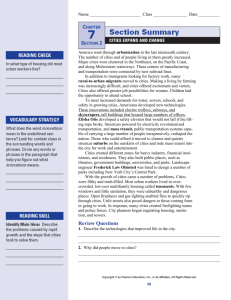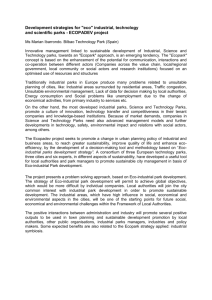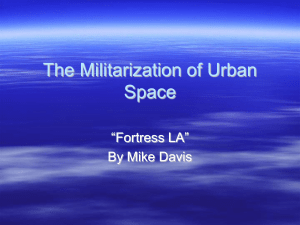MS Word Version here
advertisement
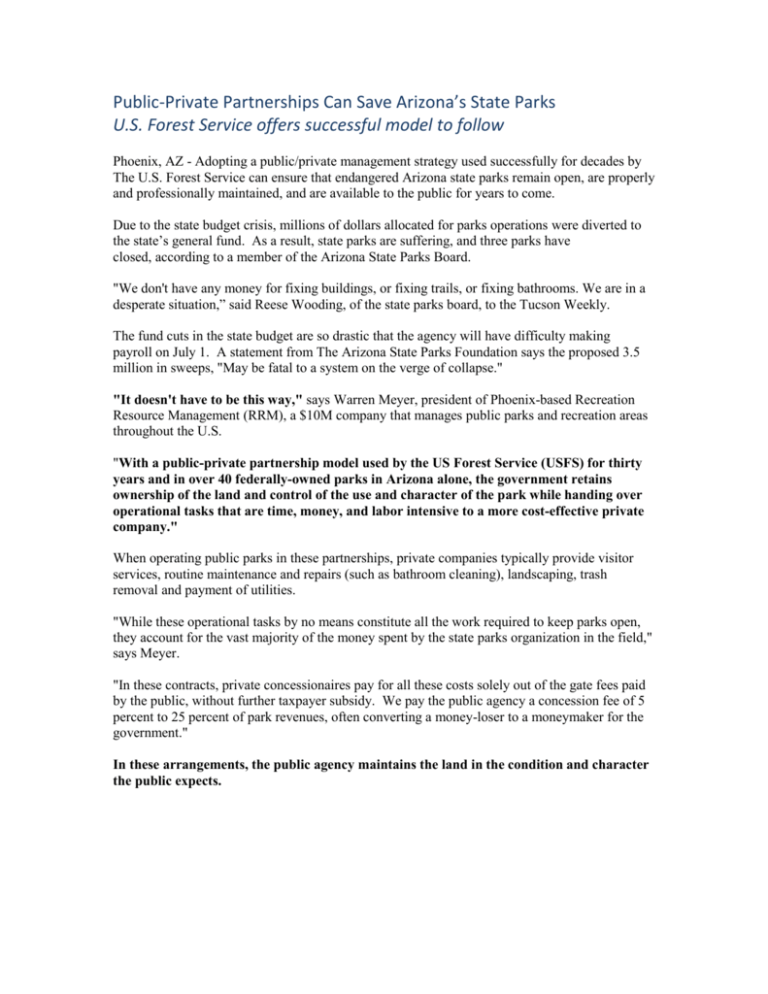
Public-Private Partnerships Can Save Arizona’s State Parks U.S. Forest Service offers successful model to follow Phoenix, AZ - Adopting a public/private management strategy used successfully for decades by The U.S. Forest Service can ensure that endangered Arizona state parks remain open, are properly and professionally maintained, and are available to the public for years to come. Due to the state budget crisis, millions of dollars allocated for parks operations were diverted to the state’s general fund. As a result, state parks are suffering, and three parks have closed, according to a member of the Arizona State Parks Board. "We don't have any money for fixing buildings, or fixing trails, or fixing bathrooms. We are in a desperate situation,” said Reese Wooding, of the state parks board, to the Tucson Weekly. The fund cuts in the state budget are so drastic that the agency will have difficulty making payroll on July 1. A statement from The Arizona State Parks Foundation says the proposed 3.5 million in sweeps, "May be fatal to a system on the verge of collapse." "It doesn't have to be this way," says Warren Meyer, president of Phoenix-based Recreation Resource Management (RRM), a $10M company that manages public parks and recreation areas throughout the U.S. "With a public-private partnership model used by the US Forest Service (USFS) for thirty years and in over 40 federally-owned parks in Arizona alone, the government retains ownership of the land and control of the use and character of the park while handing over operational tasks that are time, money, and labor intensive to a more cost-effective private company." When operating public parks in these partnerships, private companies typically provide visitor services, routine maintenance and repairs (such as bathroom cleaning), landscaping, trash removal and payment of utilities. "While these operational tasks by no means constitute all the work required to keep parks open, they account for the vast majority of the money spent by the state parks organization in the field," says Meyer. "In these contracts, private concessionaires pay for all these costs solely out of the gate fees paid by the public, without further taxpayer subsidy. We pay the public agency a concession fee of 5 percent to 25 percent of park revenues, often converting a money-loser to a moneymaker for the government." In these arrangements, the public agency maintains the land in the condition and character the public expects. "This USFS program is already working in over 40 locations in Arizona," states Meyer. “Our expertise combined with an excellent cost position allows us to make the best possible use of the gate fees paid by the public. In the 35 Arizona public parks we manage, this efficiency stretches the gate fees paid by the public so we can continue to invest in needed maintenance and repair." "Over the last few years, our company, guided by the Forest Service's wish lists, have invested in improvements such as new composting rest rooms at Crescent Moon, new shower buildings at Cave Springs and Pinegrove campgrounds, renovations to the Oak Creek Visitor Center, and ADA enhancements at nearly every facility," says Meyer. In part because of this attention to keeping facilities clean and in good repair, the public parks RRM operates are consistently ranked among the Top 100 Family Campgrounds in America since 2003, and are recognized as among the best in the state by third-party reviewers such as Sunset Magazine and CampArizona.com. Many public agencies considering such partnerships worry that this approach might not be applicable to their smaller parks. Allaying this concern, the USFS in Arizona, in order to keep parks open, is successfully bundling large and small parks together in contracts for a general geographic area. The parks are kept open using economies of scale, where profits from more lucrative properties are passed on to the less profitable locations "The goal of such concession arrangements," said Meyer "is to keep these special pieces of land beautiful, accessible and available to the public for generations. The objective is to form a partnership combining the public oversight and unique environmental knowledge of the state parks agency with the efficiency and customer service of a private company that can clean and maintain the parks without the need for a taxpayer subsidy. In doing so, we can help achieve financial sustainability for the public parks system. # # #
